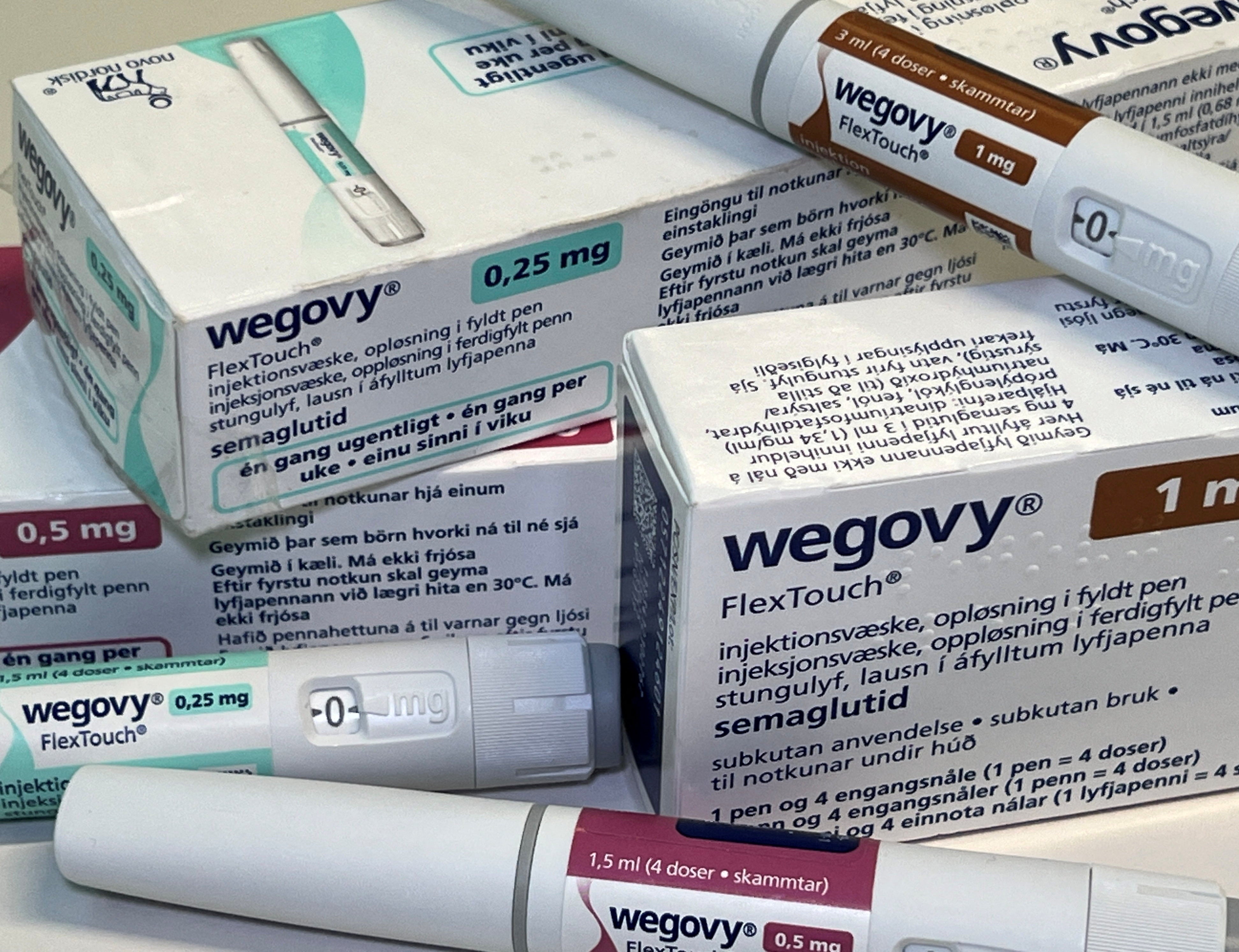Obesity and body mass index in the U.S. have decreased for the first time in more than a decade.
The most notable drop was in the South, which also had the highest observed dispensing rate of the type 2 diabetes drug GLP-1RA, researchers said Friday. Semaglutide is one of those drugs and is the basis for commonly used weight loss medications like Ozempic and Wegovy.
“However, dispensing does not necessarily mean uptake, and the South also experienced disproportionately high COVID-19 mortality among individuals with obesity,” the authors of the research explained.
Their findings were published Friday in the journal JAMA Health Forum.
The authors analyzed health data from more than 16 million adults between the ages of 26 and 75 over a 10-year period.

“Obesity and BMI are imperfect proxies for [body fat]; thus, future studies should investigate alternative body composition measures and potential causes for the observed shifts, including GLP-1RA proliferation (eg, out-of-pocket purchases) or pandemic-associated demographic and behavior changes,” they said.
Obesity is a chronic disease that can increase the risk of certain cancers, stroke, coronary heart disease, type 2 diabetes, and hypertension.
In the U.S., more than 100 million adults have obesity and more than 22 million have severe obesity, according to the Centers for Disease Control and Prevention. Severe obesity is defined as having a body mass index — a measure of a person’s weight relative to their height — of 40 or greater.
Currently, one in five American children have this disease.

There are multiple factors that contribute to the problem, like diet and physical activity. Fewer than one in 10 children and adults eat the recommended amount of vegetables every day and just one in four adults meet physical activity guidelines.
While federal drug regulators have approved the weight-loss drug Zepbound and given Wegovy the greenlight for specific conditions, the agency cautions that it is still learning about these newer medications.
“Long-term studies are needed to fully understand potential benefits, risks, and side effects, and it is not yet known what impact these drugs may have on the risk for developing type 2 diabetes or diabetes-related complications,” it said.











